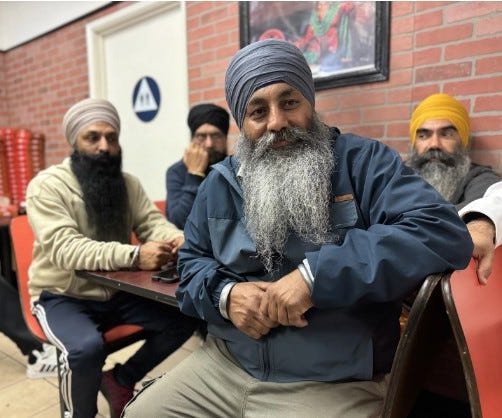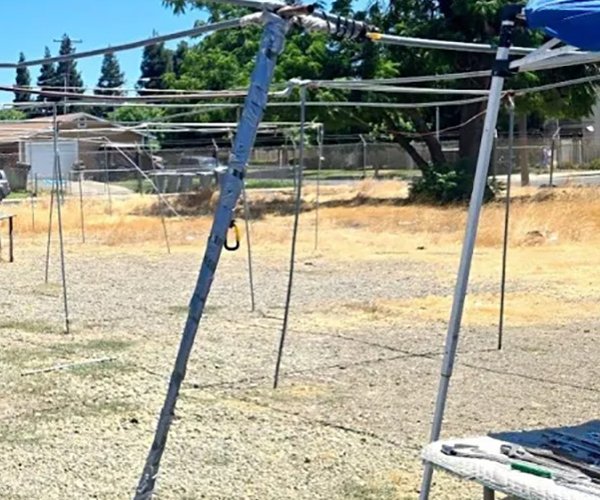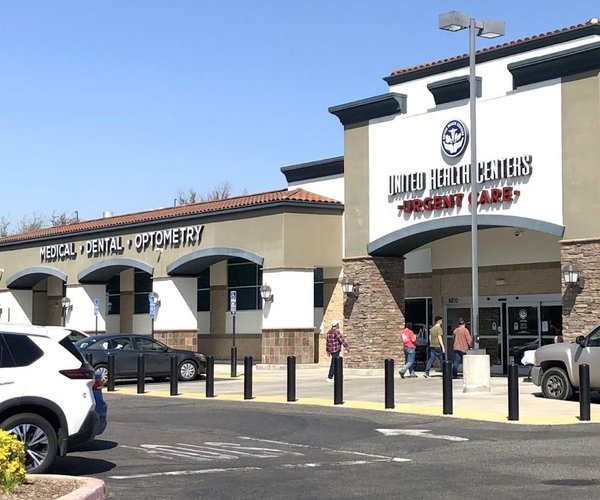The City of Turlock reversed its ban on marijuana operations on Tuesday, with the adoption of a cannabis pilot program.
The program was adopted in a split vote, 3-2, with Mayor Amy Bublak and Council member Rebecca Arellano opposing.
The pilot program will allow for the regulation of cannabis businesses through a development agreement and a conditional use permit process. The program will allow up to four cannabis dispensaries in the City of Turlock, along with a not specified number of commercial manufacturing, testing and distribution businesses.
Even before the Council considered the pilot program proposal, Council member Arellano put forth a motion that the item be postponed until after the budget discussions in July.
“I feel like we have a multitude of huge items on our plate and I feel to give this the due diligence that it needs, that we need to have time for research and discussion, and with the arduous task of the budget, labor negotiations and our homeless projects, I feel like we’re not going to be able to make a very educated and wise decision and I would like to postpone it,” she said.
After discussion, the Council voted 4-1 to move forward with considering the pilot program.
Before voting against the pilot program, Mayor Bublak explained her position.
“My stance is as law enforcement for 23 years, that it’s still a federal law and I’m not going to violate a federal law,” said Bublak. “…I put it on the agenda against my better judgment.”
During the public hearing for the pilot program, people spoke both for and against allowing cannabis operations in the city.
Turlock resident Cheryl Perron asked “what does offering cannabis do for the quality of life for the Turlock citizens?”
Former Council member Bill DeHart, who served alongside current Council member Gil Esquer on a cannabis ad hoc committee in 2018, expressed his concerns for the motivation of allowing cannabis operations in Turlock.
“On the surface and by appearance this pilot program would create a mechanism to facilitate multiple elements of the cannabis industry. However, on its own merit it appears to be sorely lacking…The public good is what we’re responsible for and I would just urge the Council not to drink the Kool-Aid simply because,” said DeHart.
Local attorney Mike Warda, who represents area cannabis businesses, said that the majority of people want local cities regulating cannabis.
“It was a 50-50 vote in Turlock, which was half the people wanted it (Proposition 64) and half the people didn’t want it. But, I’ll again repeat, when it comes to if you should regulate it and tax it, it’s an 80 percent vote for people to say tax it and let’s get it regulated. In terms of quality of life, these operations don’t impact neighborhoods. There’s empirical data and there’s actual operations that can be visited in our community. There’s one place I can tell you about that has 1,000 customers a day and not one call for service, no neighbors complaining, nobody’s calling the police department. It’s just not happening. These are very well-regulated operations,” said Warda.
Turlock resident Larry Turner said he was in favor of allowing cannabis sales and talked about its health benefits.
“The misconception with cannabis is of smoking a cigarette, a weed or a joint or whatever they call it, and that’s not all it is. My grandson played football at San Diego State, he was a starter, and his senior year in the pregame he tore his ACL and meniscuses and went in and had it operated on. They told him he wasn’t going to play the rest of the year. He started taking it (cannabis) under his tongue…he only missed three games and he was back in as a starter at San Diego State.”
Turner went on to tell about his own medical issue after a car accident and how liquid cannabis helped restore range of motion in his arms.
“It’s not all smoking it, it’s not all bad. It’s quality of life,” he said.
Council member Esquer said that his work on the cannabis ad hoc committee changed his views about the City’s ban.
“When I went on this (cannabis) ad hoc committee, I had the same impression that many other people out there had — I don’t want pot houses in Turlock. That was my first thing…what am I getting into? After touring several, half dozen, of different dispensaries throughout the county, I was rather impressed with the way these people operate their businesses. You walk into this place and it’s clean, it’s got counters just like other regular retail store,” said Esquer.
“This is not going to be the answer for everything we want in Turlock. It may help…How can we not consider taxing and regulating the business that’s going on in our city right now, around us anyway,” he continued.
The Council adopted the outline for the cannabis pilot program on Tuesday, but there’s still a lot of work to do before Turlock sees the opening of its first licensed dispensary. The program will next go through various City departments for the creation of a detailed application process and requirements for potential cannabis business owners coming to town — which all must be approved by the Council. Following the adoption of an application process, each potential cannabis operation will go through the Planning Commission for recommendation and then to the City Council for approval.






